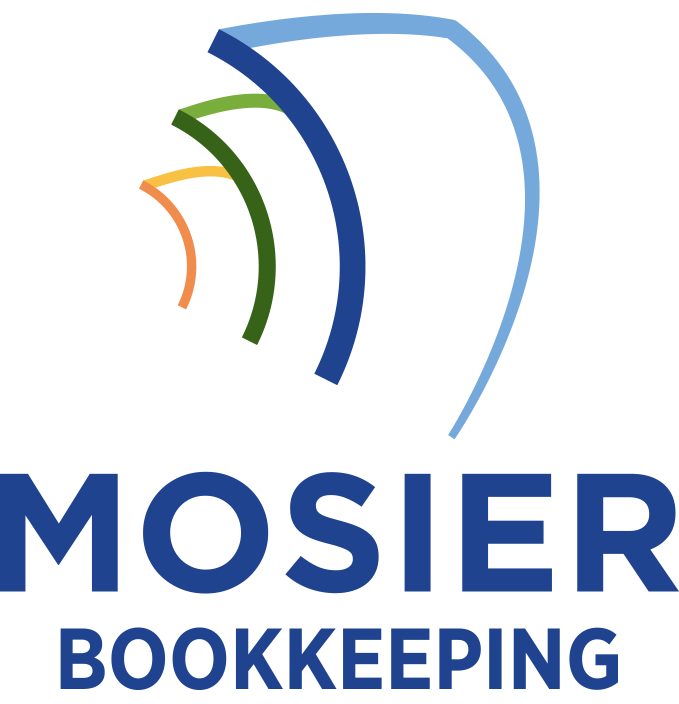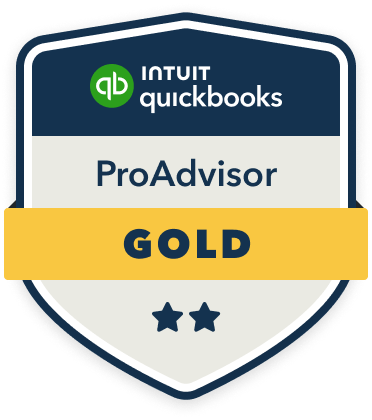Integrating bookkeeping with compliance management tools offers you multiple strategic advantages that transform financial management. I’ve found that automated data synchronization profoundly reduces manual errors while enabling real-time compliance monitoring. You’ll benefit from streamlined audit processes, with up to 60% faster preparation time, and realize cost savings up to 40% through reduced labor and consulting needs. The combination of integrated reporting and automated validation creates a robust framework that’ll help you liberate your organization’s full operational potential.
Enhanced Accuracy Through Automated Data Synchronization

Automated data synchronization cuts down on the manual errors that typically plague traditional bookkeeping processes. When I integrate my bookkeeping with compliance tools, I’m leveraging real-time data validation that catches discrepancies instantly. This means I don’t have to worry about mismatched entries between systems.
I’ve found that synchronized systems guarantee standardized data formats and consistent categorization across all financial records. Each transaction automatically aligns with compliance requirements, eliminating the risk of reporting errors. The system’s built-in validation rules certify that every entry meets regulatory standards before it’s processed, giving me complete control over my financial data’s accuracy.
Real-Time Compliance Monitoring and Risk Management
Building on the foundation of automated accuracy, real-time compliance monitoring transforms how I manage regulatory risks in my bookkeeping operations. I can now detect and address compliance issues instantly, rather than discovering them during audits.
| Monitoring Area | Risk Level | Action Required |
|---|---|---|
| Tax Regulations | High | Daily Review |
| Data Security | Critical | Real-time Alerts |
| Financial Reports | Medium | Weekly Checks |
I leverage this integrated system to maintain control over compliance requirements while streamlining operations. The platform automatically flags potential violations, tracks regulatory deadlines, and generates compliance reports. This proactive approach substantially reduces exposure to penalties and strengthens my position during audits.
Streamlined Audit Processes and Documentation

Three key advantages emerge when integrating audit processes with compliance management tools: simplified documentation retrieval, standardized audit trails, and automated evidence collection.
I’ve found that integrating these systems slashes audit preparation time by up to 60%. You’ll have instant access to digital documentation, eliminating manual searches through paper files. Your audit trails become consistent and traceable, making it easier to demonstrate compliance to regulators.
When auditors request specific records, I can pull them instantly from the integrated system. The automation captures and timestamps all transactions, creating an unbreakable chain of evidence that strengthens your compliance position and protects your interests.
Cost Reduction and Resource Optimization
Integrating bookkeeping with compliance management tools delivers significant cost savings through multiple efficiency gains. I’ve found that businesses can reduce labor costs by up to 40% by eliminating duplicate data entry and manual reconciliation processes. You’ll minimize costly errors and penalties through automated compliance checks and real-time monitoring.
I can assure you that resource optimization becomes evident as your staff focuses on strategic tasks instead of routine paperwork. You’ll benefit from reduced software licensing costs by consolidating systems, while cutting training expenses through standardized workflows. The integration also decreases the need for external consultants, as internal controls become more robust and self-sustaining.
Improved Decision-Making With Integrated Reporting

When bookkeeping data flows seamlessly into compliance management systems, decision-makers gain access to exhaustive reports that combine financial metrics with regulatory requirements. I’ll show you how this integration empowers you to make strategic decisions backed by vital data.
You’ll leverage real-time analytics that merge financial performance with compliance status, enabling you to spot trends and risks before they impact your business. I’ve seen how integrated reporting eliminates the need to reconcile multiple data sources, reducing errors and saving pivotal time. You’ll command a complete view of your organization’s health, making it easier to capitalize on opportunities while maintaining regulatory alignment.









